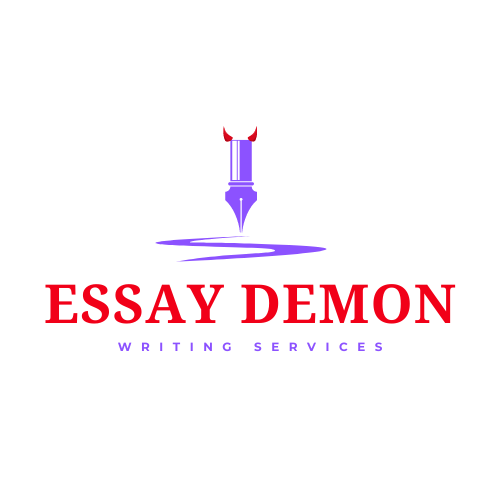Abstract Writing Tips
Understanding the Role of an Abstract:
Before delving into tips for perfect abstract writing, it’s crucial to understand the role it plays in academic writing:
- Snapshot of Your Work: An abstract serves as a concise summary of your research paper or dissertation. It provides readers with a quick snapshot of your work, helping them decide whether the full document is worth reading.
- First Impression: As the first section readers encounter, an abstract sets the tone for your entire paper. It should be clear, engaging, and reflective of the quality of your research.
- Key Information: The abstract typically includes essential information such as your research question, methodology, major findings, and conclusions. It should convey the main points of your paper accurately.
Tips for Writing a Perfect Abstract:
Now that you understand the importance of an abstract, here are some tips to help you write a flawless one:
- Follow the Guidelines:
- Before you start writing, carefully read the guidelines provided by your instructor or the journal where you plan to submit your work. Different disciplines and publications may have specific requirements for abstracts.
- Be Concise and Specific:
- Keep your abstract concise and focused. Avoid unnecessary details and stick to the key elements of your research. Aim for clarity and precision in your language.
- Identify Key Components:
- Clearly state the research problem or question, describe your methodology, highlight major findings, and present key conclusions. Ensure that each of these components is addressed within the limited word count.
- Use Keywords Effectively:
- Incorporate relevant keywords in your abstract. These are terms that researchers in your field are likely to use when searching for literature. Keywords enhance the discoverability of your work.
- Maintain Objectivity:
- Write in the third person and maintain objectivity. Avoid using first-person pronouns and focus on presenting your research as a scholarly contribution rather than a personal narrative.
- Check for Grammar and Clarity:
- A perfect abstract should be free of grammatical errors. Proofread your abstract carefully to ensure clarity and coherence. Ask a colleague or mentor to review it for feedback.
- Adapt to the Project Type:
- The requirements for an abstract may vary depending on the type of project. For example, a conference abstract may have a different structure than a dissertation abstract. Tailor your abstract to meet the specific expectations of your project.
- Capture the Reader’s Interest:
- Craft an engaging opening sentence to capture the reader’s interest. Convey the significance of your research and why it matters. A compelling introduction sets the tone for the entire abstract.
- Seek Feedback:
- Before finalizing your abstract, seek feedback from peers or mentors. Other perspectives can help you identify areas for improvement and ensure that your abstract effectively communicates your research.
Overcoming Challenges:
If you find yourself struggling with time constraints or writer’s block, consider these solutions:
- Join a Writing Group:
- Collaborate with peers in a writing group to share ideas, get feedback, and stay motivated. A supportive writing community can provide valuable insights and encouragement.
- Consult Professional Writers:
- If time is running short, consider consulting professional research paper writers or editors. They can assist in crafting a polished abstract that meets academic standards.
Remember, abstract writing is a critical component of your research paper or dissertation, and investing time and effort into its creation is essential for making a positive impression on your readers.
